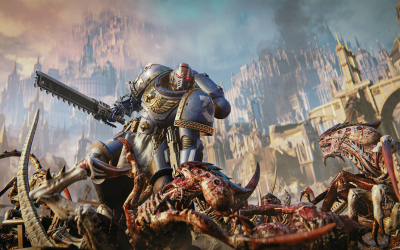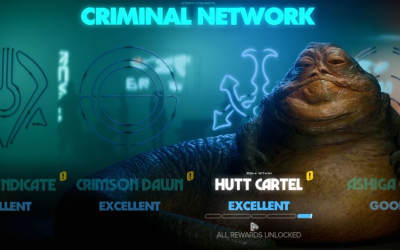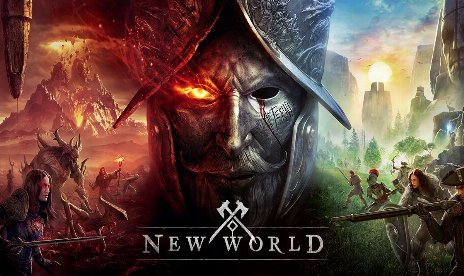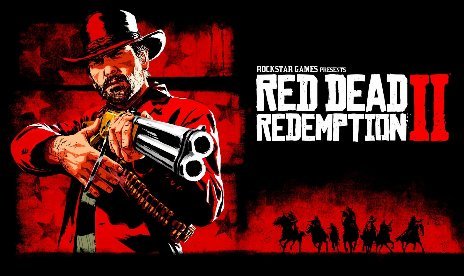MegaGames Remembers Andrew Grove
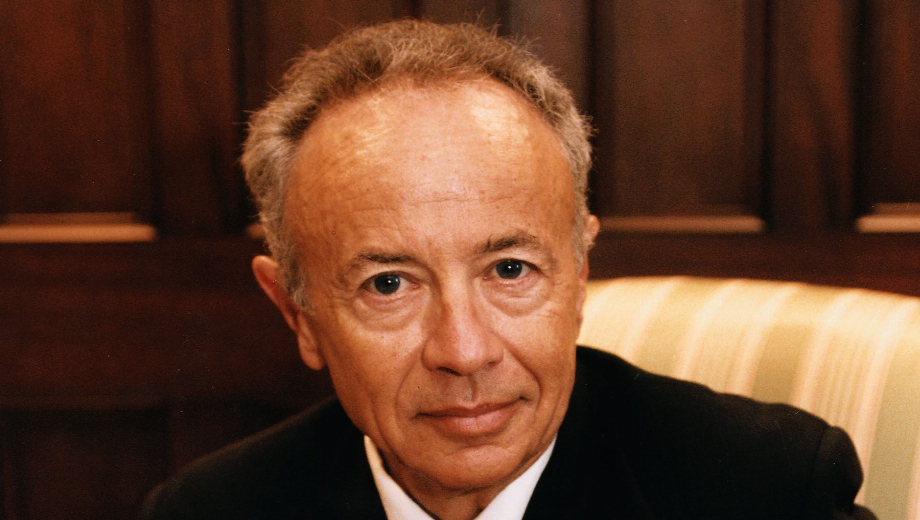
As much as we may all love the onset of time for its deliveries of newer graphics cards, more exciting games and technology that slots seamlessly into our lives, it does have one horrific and devastating downside: it takes people from us.
That’s true on a personal level and within our own tech-loving industry and recently, we said goodbye to another. The most recent figurehead to disappear below the waves, was technological pioneer, Andrew Grove.
While that may not be a name that everyone recognises, for those that do, they understand the impact he had. This is a man that helped found Intel and helmed it for a time as its first COO and later as its CEO. He was someone that the likes of Steve Jobs claimed to “idolize,” and he’s even credited with being solely responsible for the growth and development of Silicon Valley.
That’s quite a resumé.
Unfortunately though, as much of a giant as he was, it’s now time for people to stand on his shoulders and carry the torch forward, so with his passing, MegaGames would like to tribute the man as best we can, by spreading knowledge of his life and works.
Grove was a man of humble beginnings. Born, András István Gróf in his native Hungary, he lived through the threat of concentration camps in World War II and eventually escaped Communist control, aged just 20 in 1956. He then made his way to the United States and continued his education, receiving a Bachelor of Science degree in chemical engineering in 1960 at the City College of New York and his Ph.D at the University of California, Berkeley three years later.
The beginnings of his love for technology only really began manifesting a few years later though, when he jointed Fairchild Semiconductor as a researcher, where he quickly moved through the ranks and by 1967, had become its assistant director for development.
From there, he took steps to create one of the most influential technological companies of the last half-century: Intel, which he founded with fellow Fairchild alumni Robert Noyce and Gordon Moore in 1968.
Grove took an interest in many aspects of the company, handling the development of Intel’s manufacturing arm and later acting as a lead negotiator with the likes of IBM, helping secure an exclusive contract to use Intel processors in the company’s systems from then on. Throughout the years that followed he would take on roles as the company’s COO, CEO and Chairman, ultimately being credited with helping transform Intel from a manufacturer of memory chips, into one of the world’s most dominant microprocessor developers.
While he was CEO, Grove took Intel’s net worth from $4 billion, to just of $200 billion. He was a major player in one of the world’s major companies for decades and his impact on Intel and the industry as a whole cannot be overstated.
As a celebrated author of several books on technology, Grove’s achievements in other fields weren’t limited. He received honorary degrees from various universities around the country and the Wharton School of Business gave him an award for being the “Most Influential Business Person of the Last 25 years.”
Unfortunately though as celebrated as we are in life, it doesn’t do much to ward off death. Grove was hit with prostate cancer in the mid-90s and though he survived, he went on to contract Parkinson’s Disease in 2000 which may have contributed to his death, though no word has been given by Intel or his family on the eventual cause.
To best remember him, Intel announced on March 31, that it would be standardizing Intel’s CoreOS in collaboration with OpenStack, into a single, open-source software-defined infrastructure. That should help companies build their own private and public clouds far more simply than before.
Grove was a big believer in standardizing. He would certainly approve.



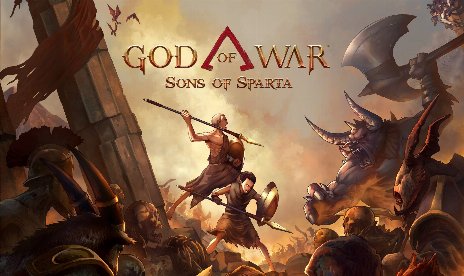

![POLYBIUS v1.0 (+1 Trainer) [PLAYMAGiC]](https://9588947a.delivery.rocketcdn.me/wp-content/uploads/2026/02/POLYBIUS-01-scaled-464x276.jpg)

![Yakuza Kiwami 3 & Dark Ties v1.12+ (+46 Trainer) [FLiNG]](https://9588947a.delivery.rocketcdn.me/wp-content/uploads/2026/02/Yakuza-Kiwami-3-and-Dark-Ties-01-scaled-464x276.jpg)












